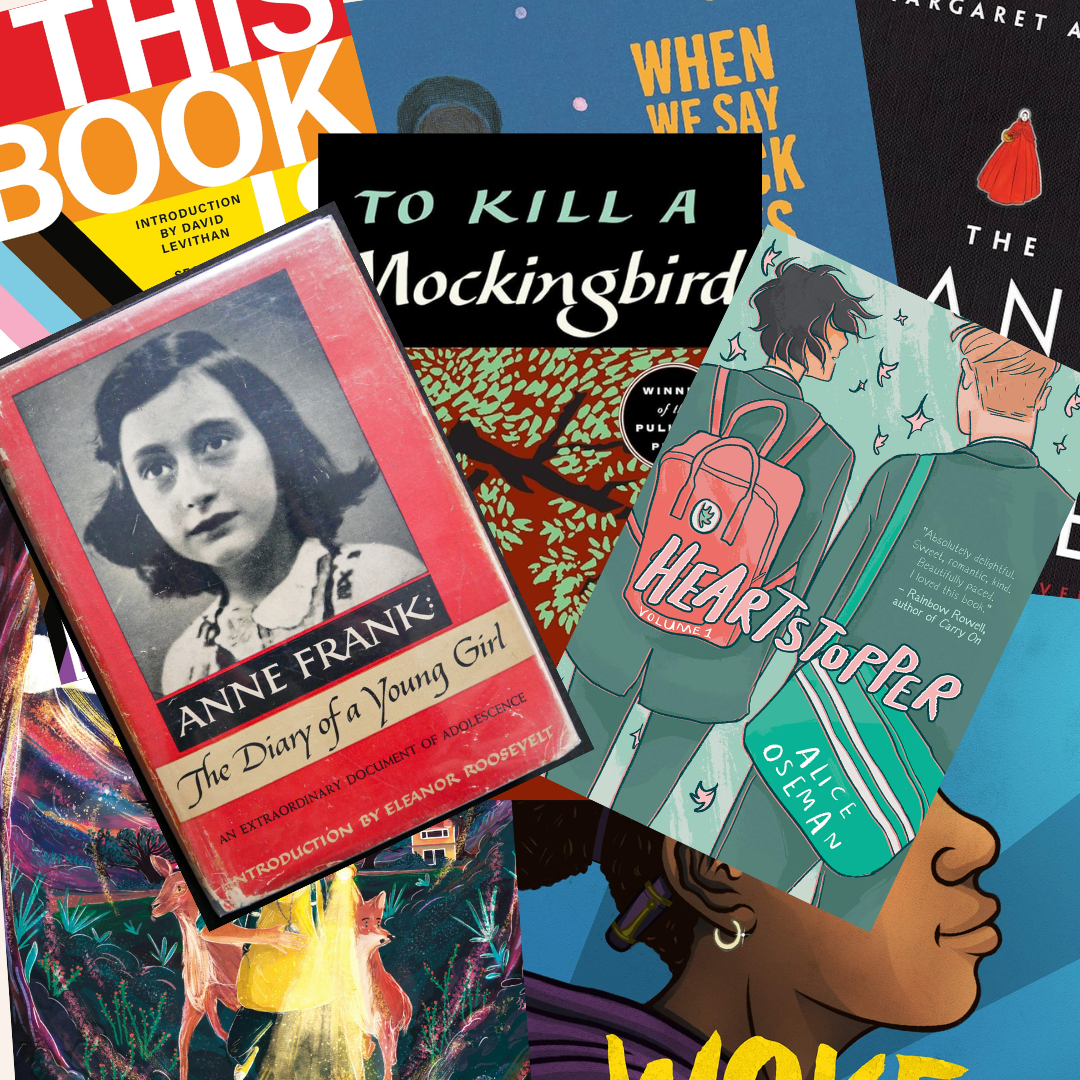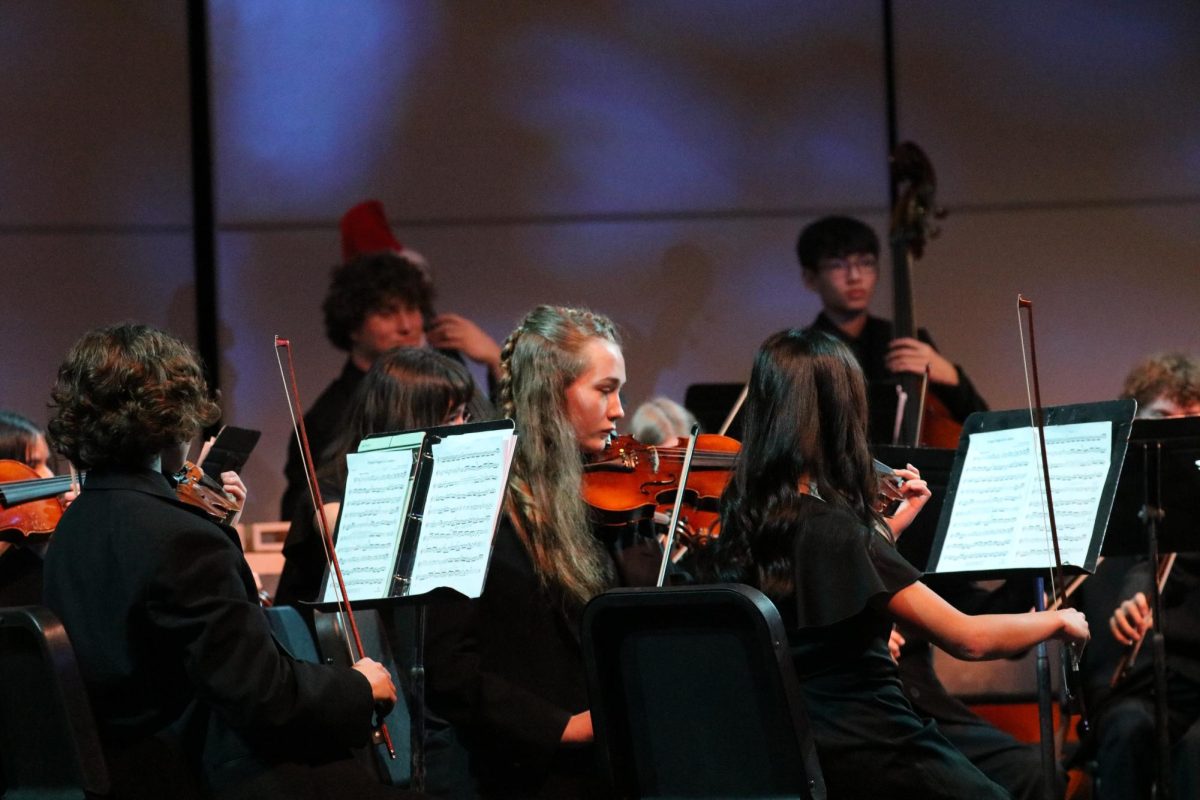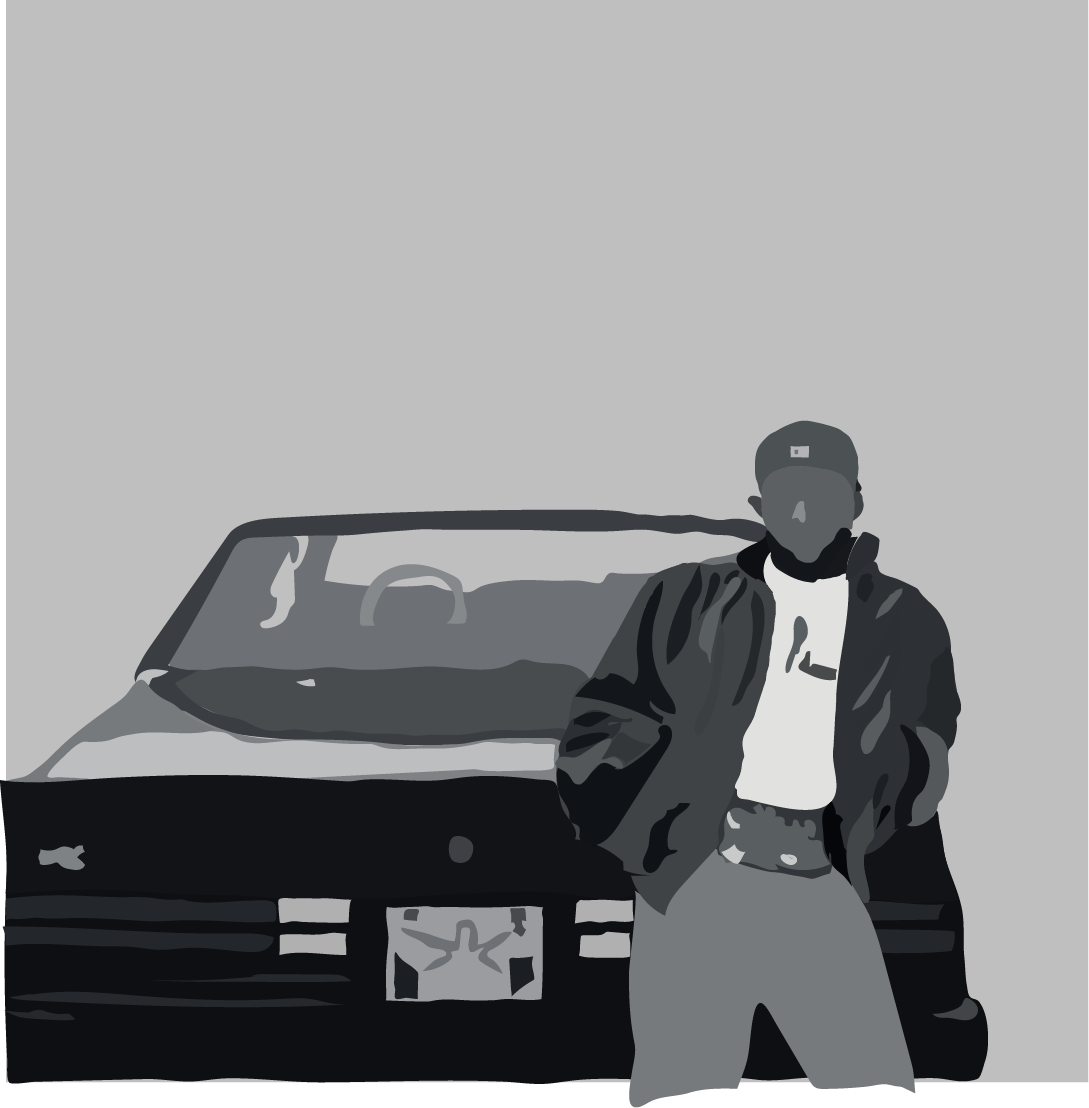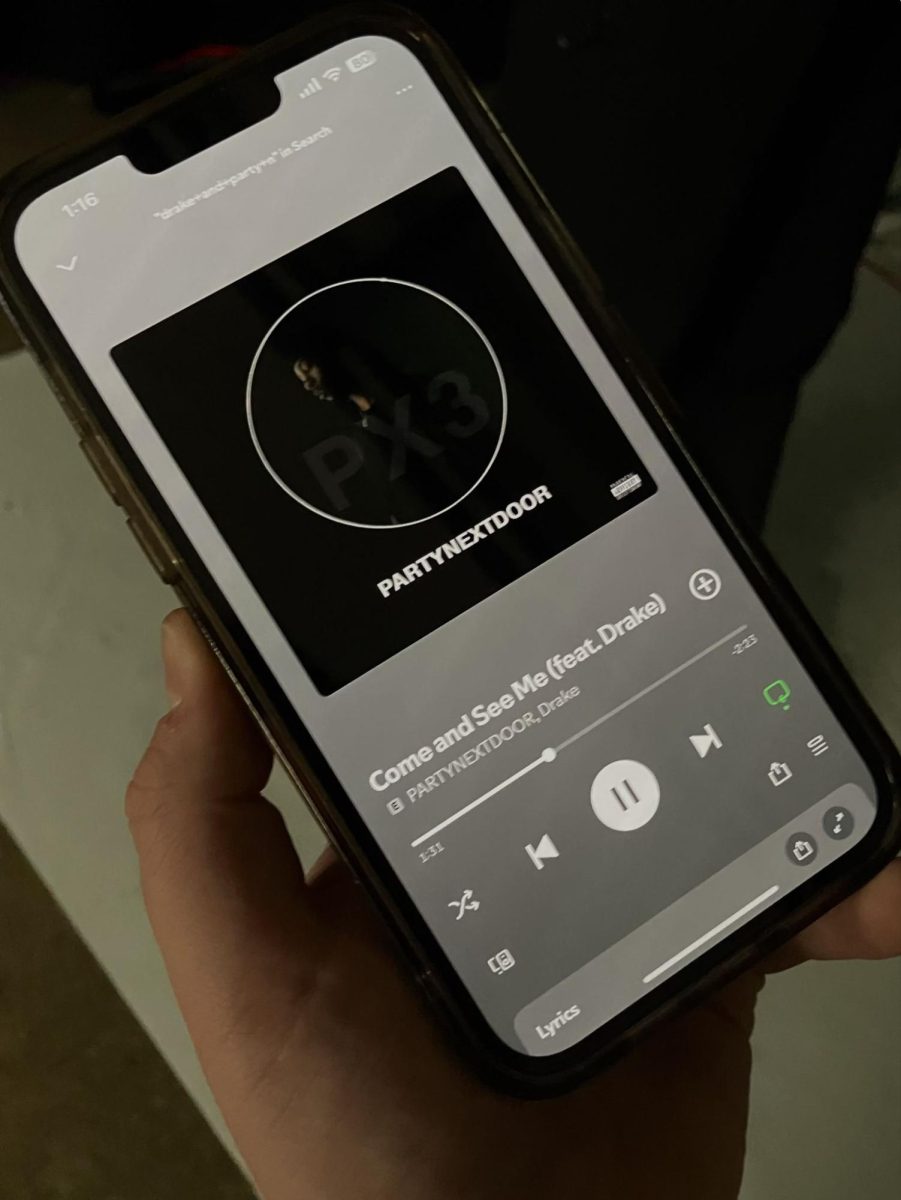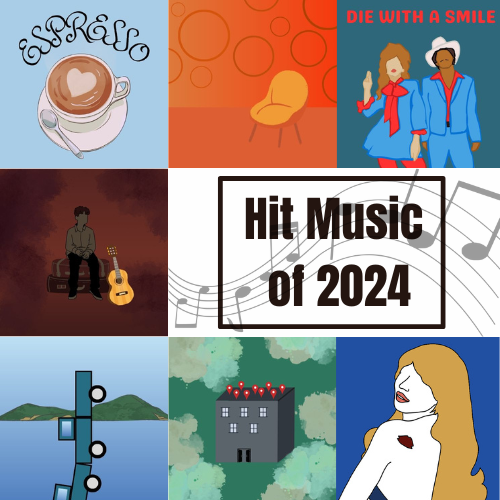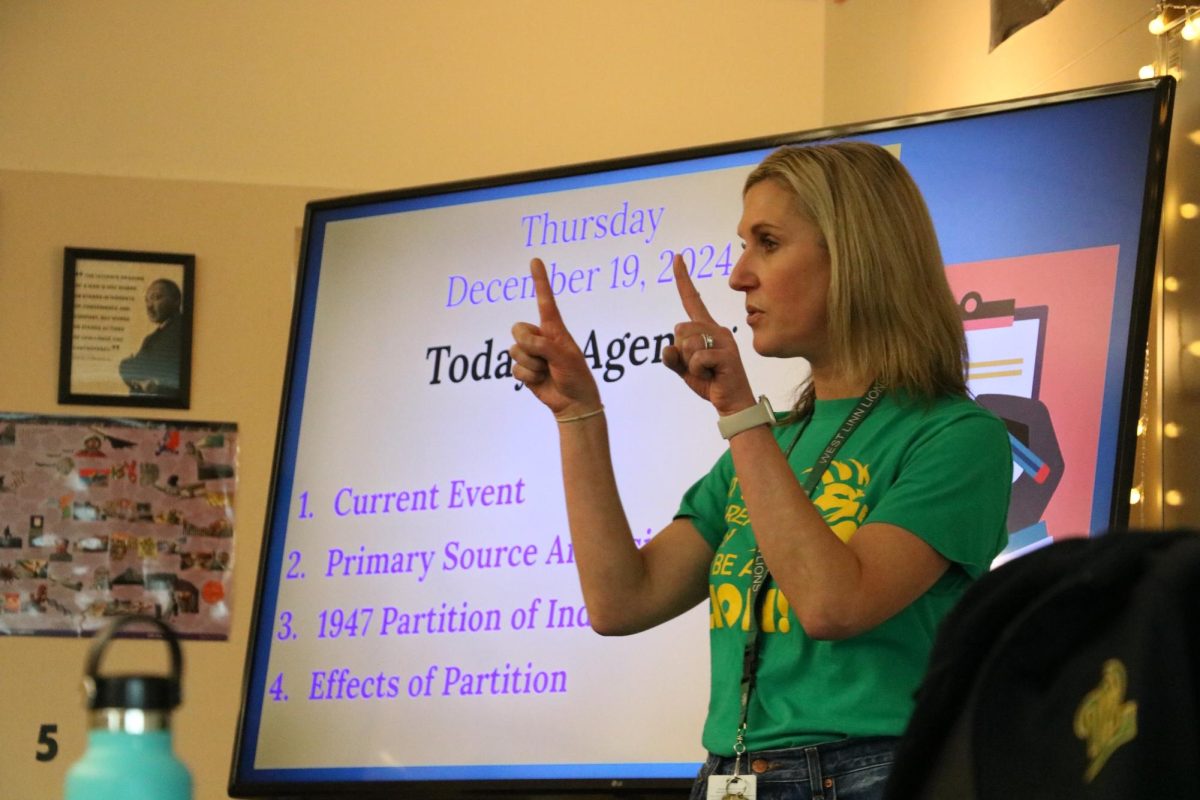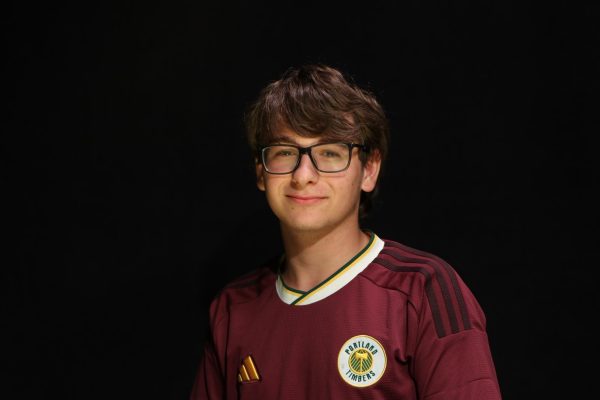Since the late 19th century, Israel and Palestine have been involved in a military and political conflict about land and self-determination. After the recent addition of Ethnic Studies, Gretchen Bertram, history teacher, introduced the topic as the second unit of the class. The unit lasts around three weeks to a month.
During this unit, Bertram would begin by teaching the students about the origins of the conflict, taking it back to 1948, then going through the timeline and each event up until present day.
“It’s a humanitarian crisis, and there are clearly two sides,” Bertram said. “I teach it in a very unbiased manner, and we talk about that at the start of the unit. But I just think we need to approach it [as] more of a, ‘let’s look at how the people are suffering because of the situation and how they have historically through decades and centuries.’”
In recent years, the conflicts have been on and off. Most recently was the Hamas attack on Oct. 7, 2023 which sparked more debate over the conflict. Avantika Shevde, junior, is currently enrolled in Ethnic Studies and has been reading into the topic since 2021.
“I feel like there’s a lot of either this or that, and I think learning it from a neutral standpoint [is good] so you can learn [for] yourself what’s happening and take your own position on it. It helps you better understand the world,” Shevde said.
Audrey Tiffany, senior, is also currently taking ethnic studies to learn about topics not covered in traditional history classes.
“I think now is just as good as waiting until it’s done, because every day she would show us a new video that was released that day, so you’d just get new information every day. It’s the same thing as if you were to teach it later,” Tiffany said.
During the class, Bertram would teach students about other events that took place throughout history, such as Black September, the Oslo Accords, and other treaties and agreements that were out in place or proposed over the history of the conflict.
“She did a very broad unit because it’s really specific, and you have to go really in depth to understand the entire thing. But she did, [and] I think she did an amazing job teaching,” Shevde said.
Originally, the idea of teaching the topic wasn’t a thought until the end of the 2023-2024 school year, when a group of students in Ethnic Studies asked Bertram why they weren’t covering the topic, which then led her to pivot the unit to include it.
Although the conflict has been going on for over a century and has been making headlines since the United States sent military equipment to Israel, traditional social studies classes like World History and U.S. History don’t necessarily cover the topic with the detail that Ethnic Studies has. Along with helping students understand the current headlines, Ethnic Studies can give students a greater understanding of the past.
“I think it’s important that we address [it]. Having taught [Ethnic Studies] for one full year, and now in the middle of a semester, I think [it’s] important to reflect,” Bertram said. “I feel like there’s a lot of value in it, because every day we would start with, ‘here’s what’s currently going on, and here’s the situation of clips around the world.’ [Students] can then bring it back to, ‘we can see that happening in post World War Two,’ etc. I think it’s a really important connection between current and history.”
Because Ethnic Studies was created to supplement what students learned in their other history classes, and to educate about different cultures, Shevde expects that it will help students’ understanding of the world overall.
“I think it’ll end up with students just being more educated about what’s happening, so when they read articles, they understand, ‘oh, this is a reference to this and all that.’ It really depends on the person,” Shevde said. “I know people who have absolutely no ties to the Levant area, they’re living their lives [and] don’t really notice it happening. But I also know students who have been affected by it, and who have either lost family members or lost somebody who they knew in that area. I see a bunch of anti-semitism. I see a bunch of Islamophobia, it’s huge. I think it should be talked about.”


![Reaching out. Christopher Lesh, student at Central Catholic High School, serves ice cream during the event on March 2, 2025, at the Portland waterfront. Central Catholic was just one of the schools that sent student volunteers out to cook, prepare, dish, and serve food. Interact club’s co-president Rachel Gerber, junior, plated the food during the event. “I like how direct the contact is,” Gerber said. “You’re there [and] you’re just doing something good. It’s simple, it’s easy, you can feel good about it.”](https://wlhsnow.com/wp-content/uploads/2025/03/interact-1-edited-1200x744.jpg)
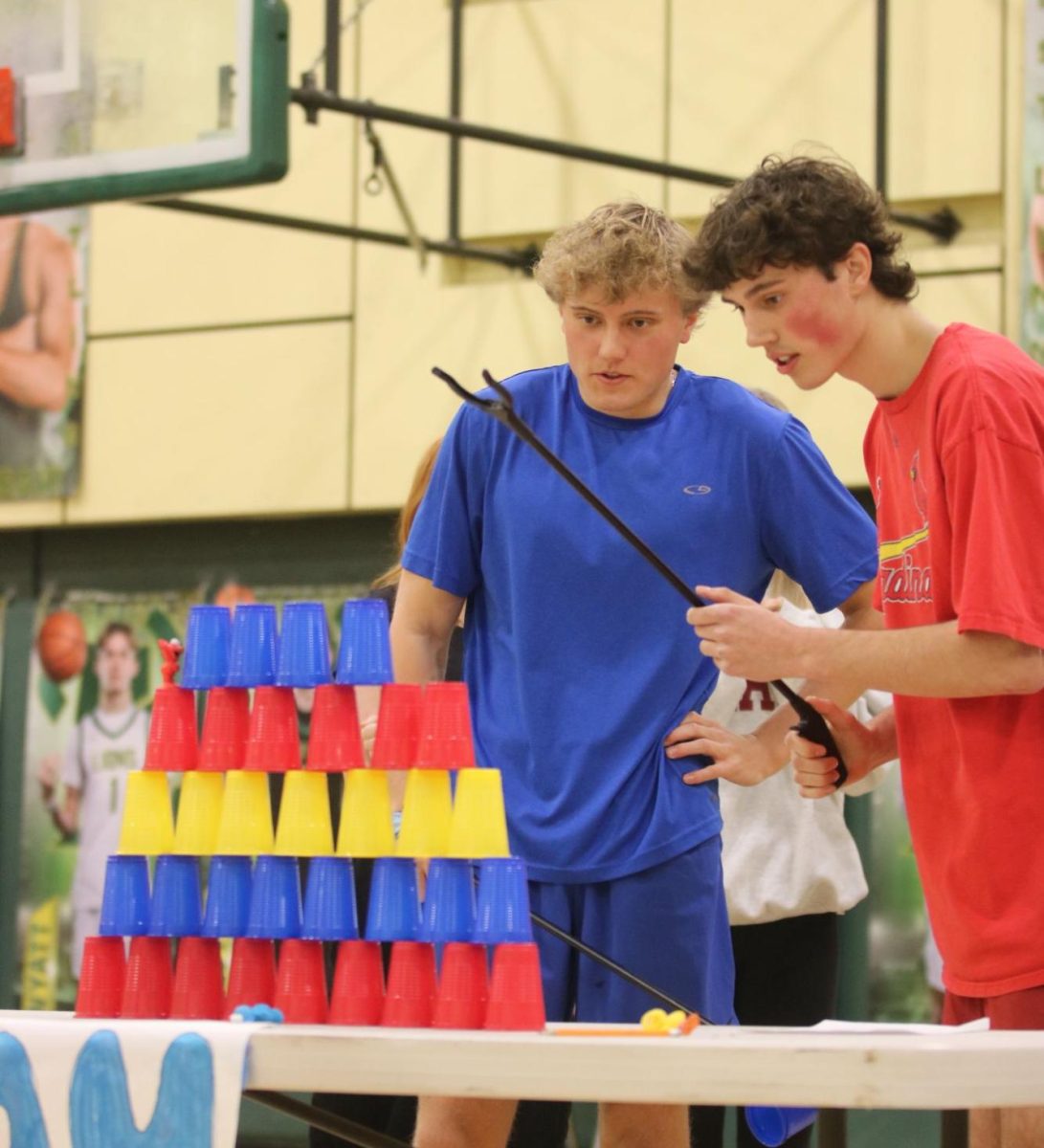
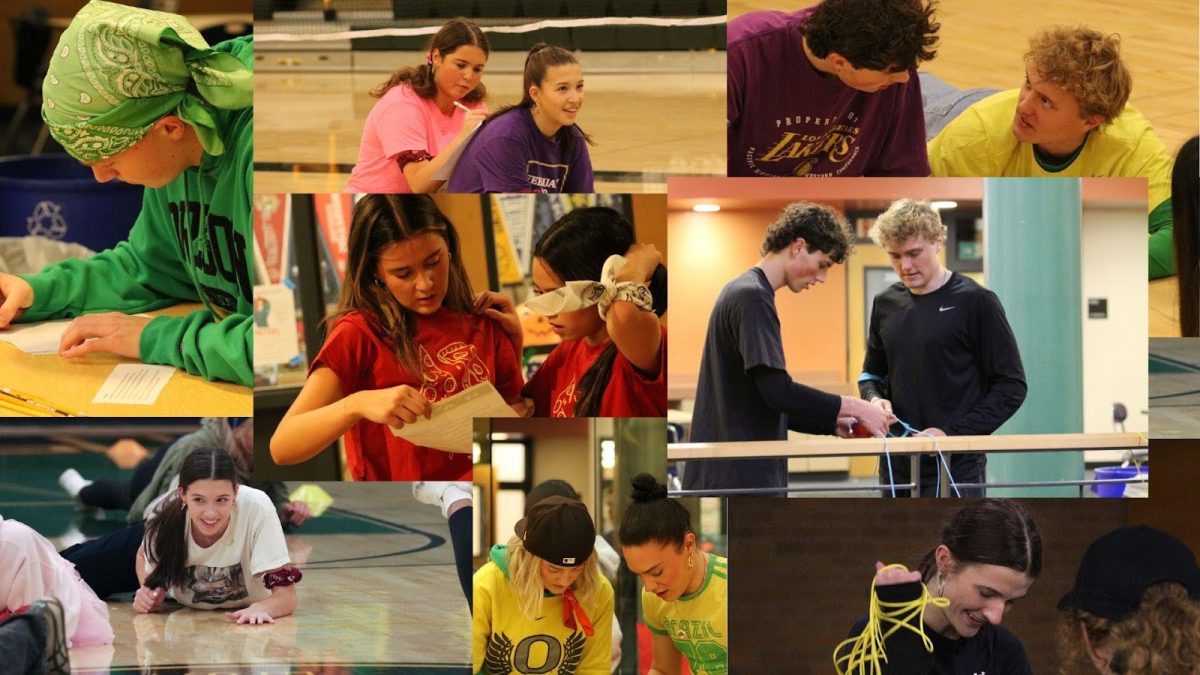

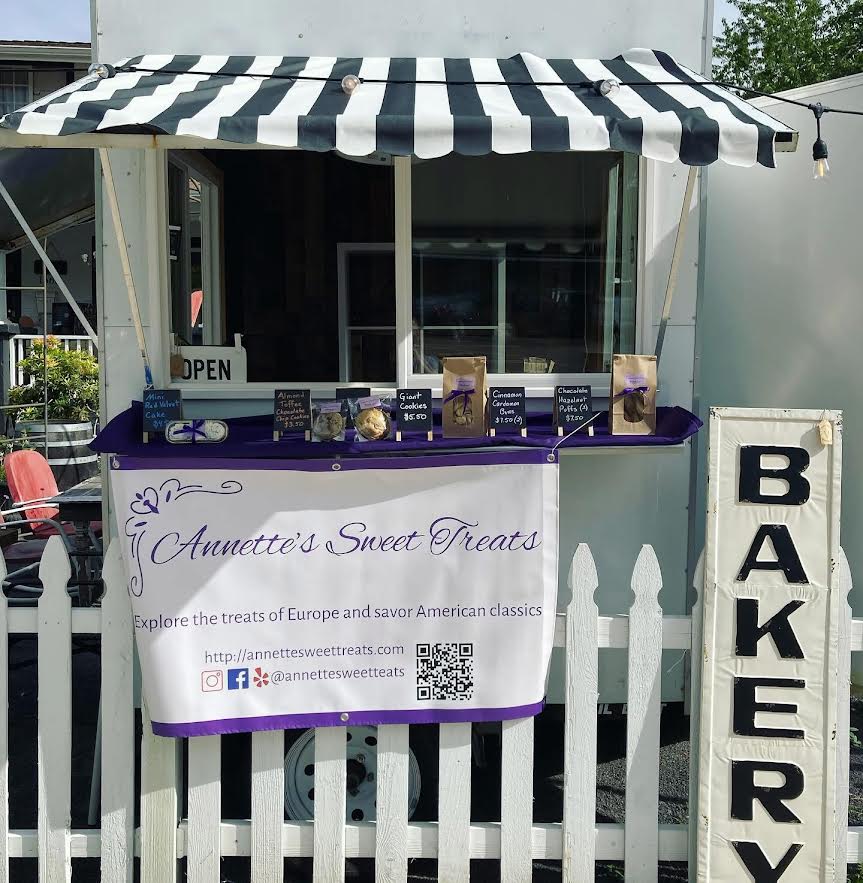
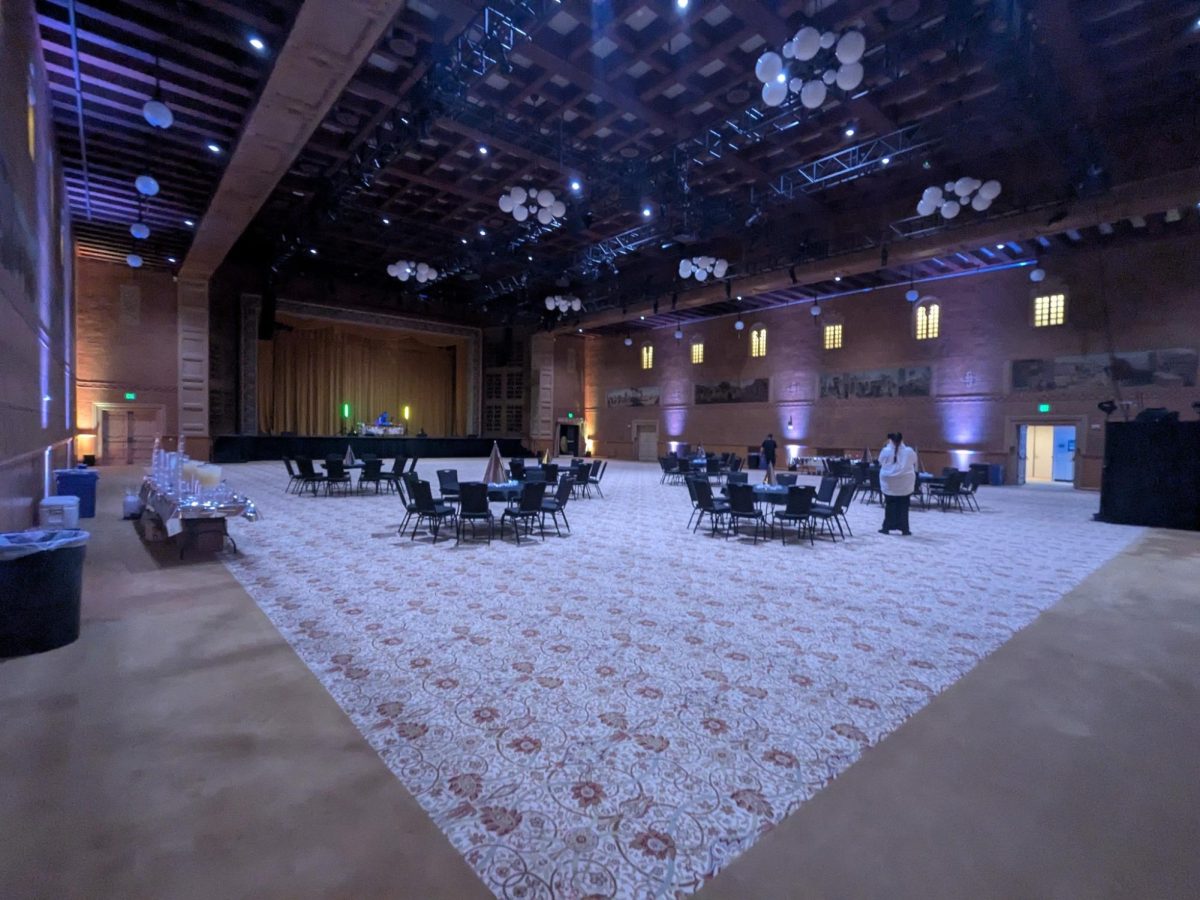


















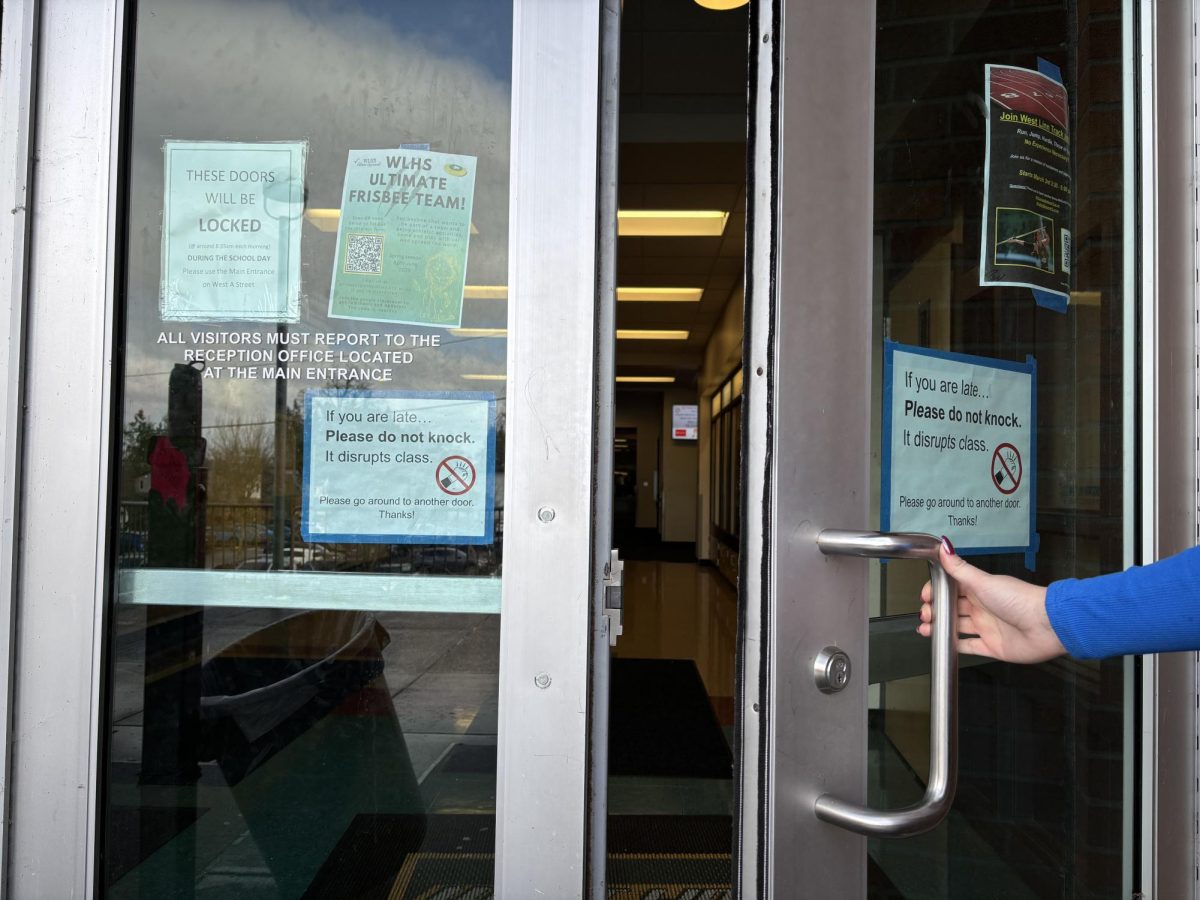
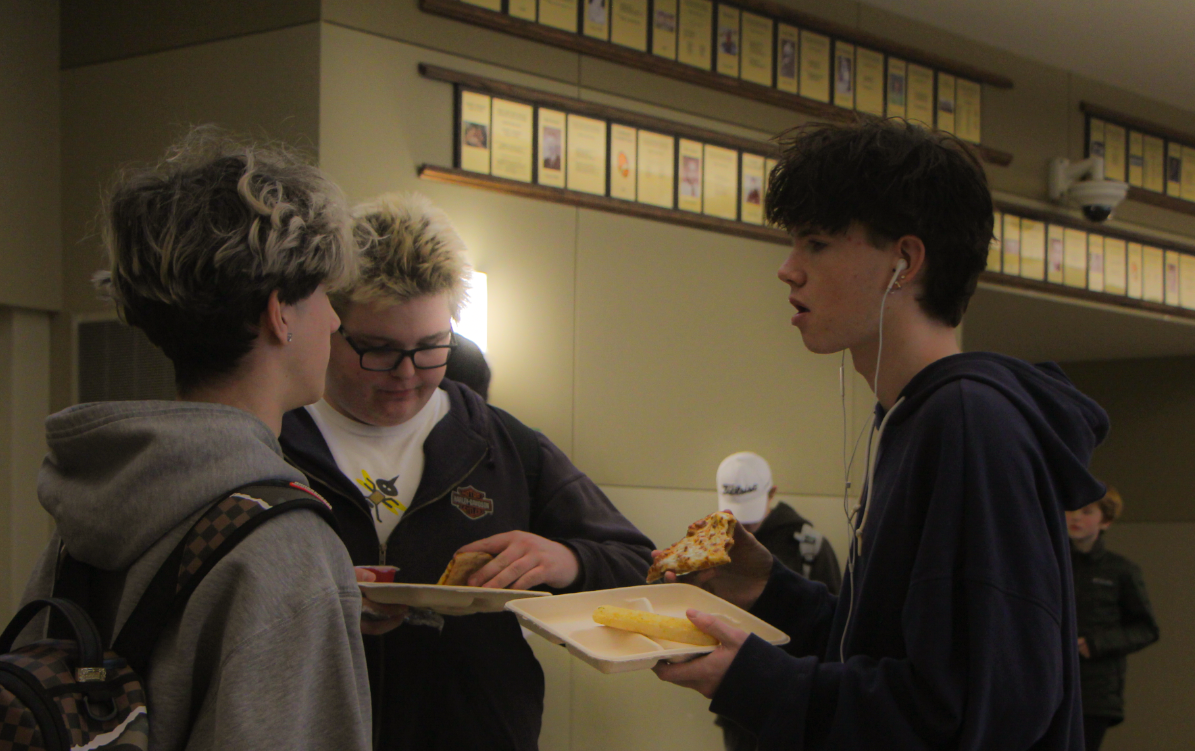

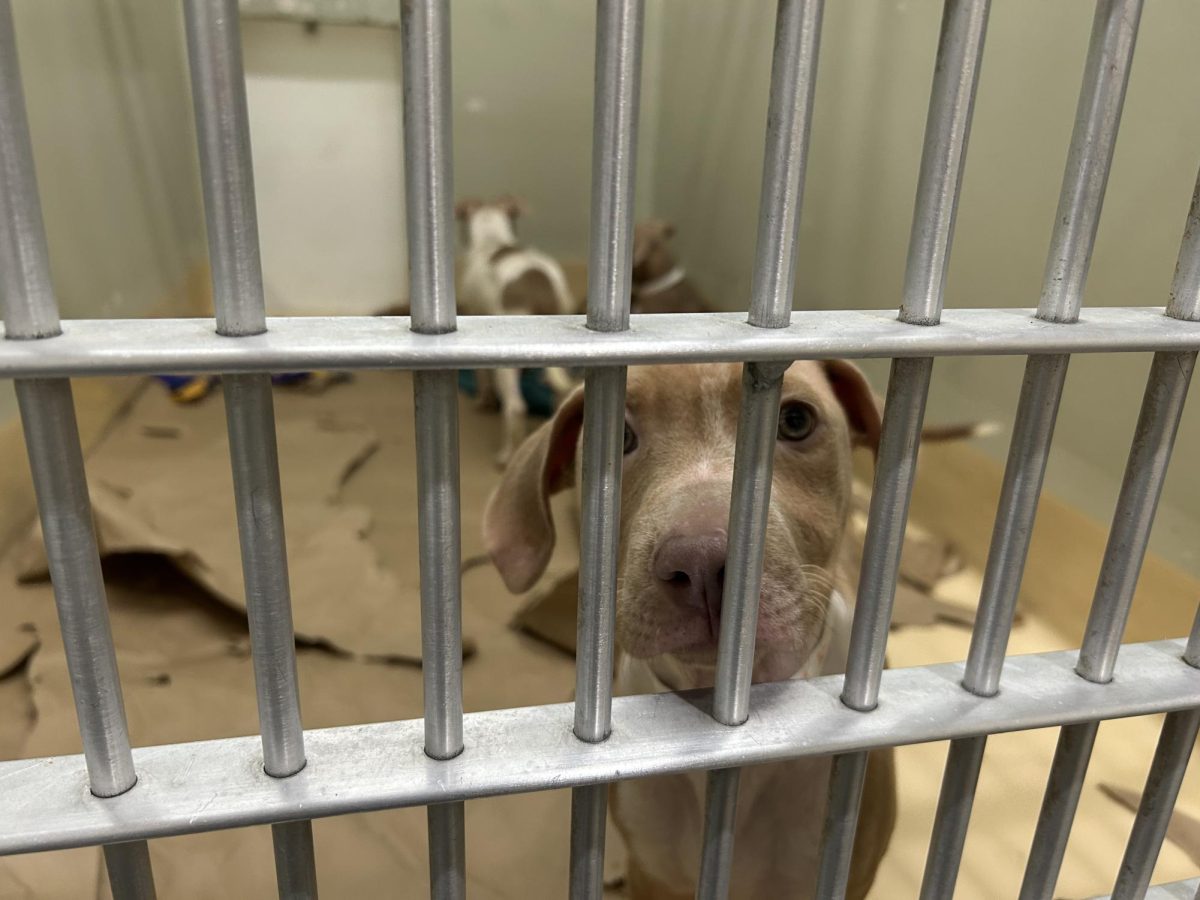










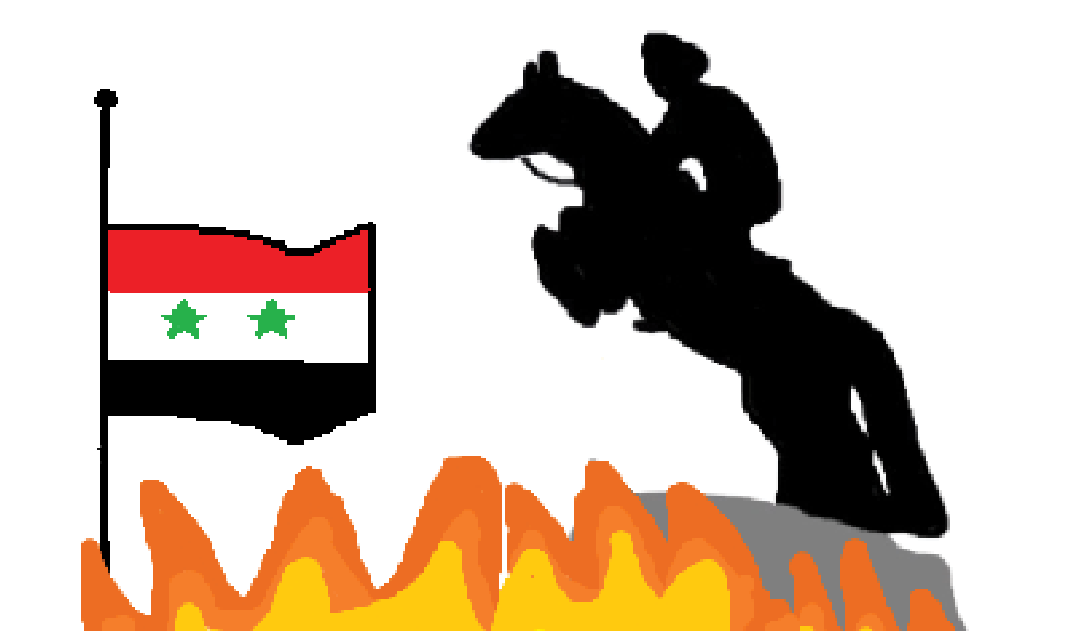




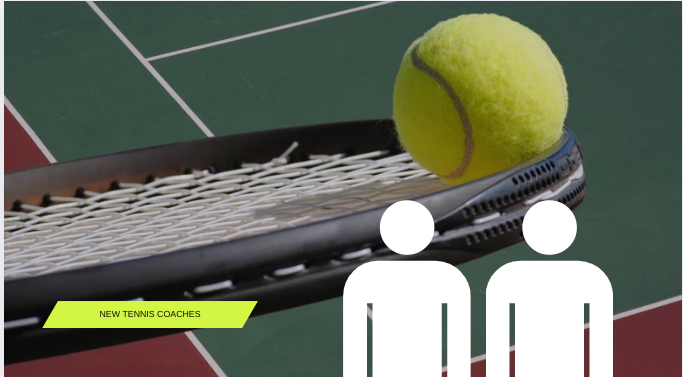
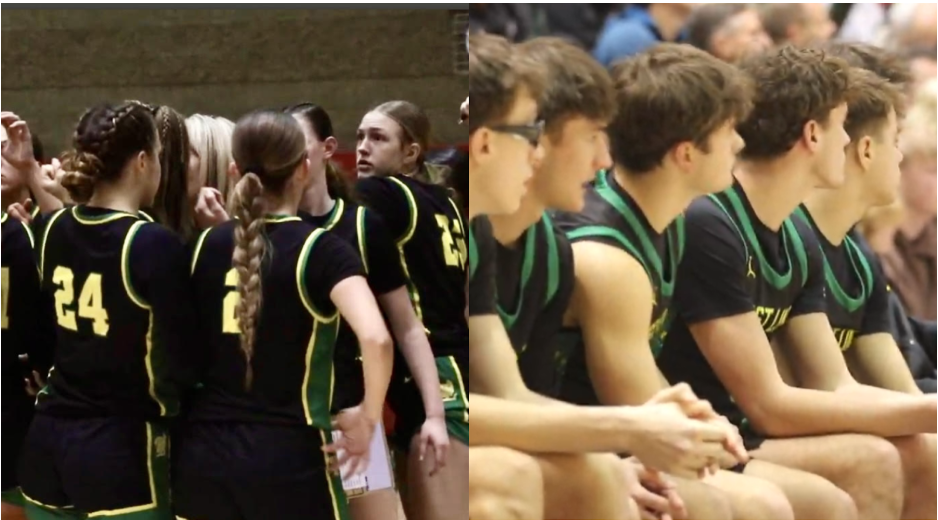
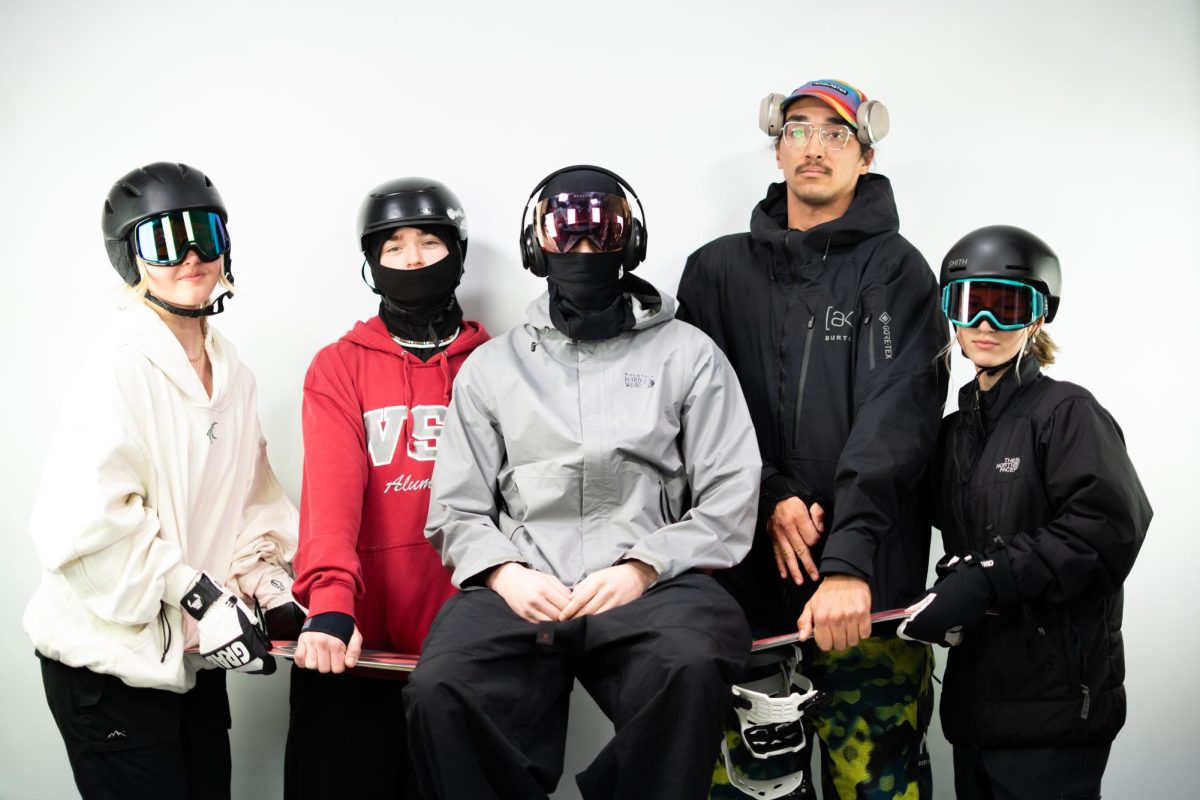
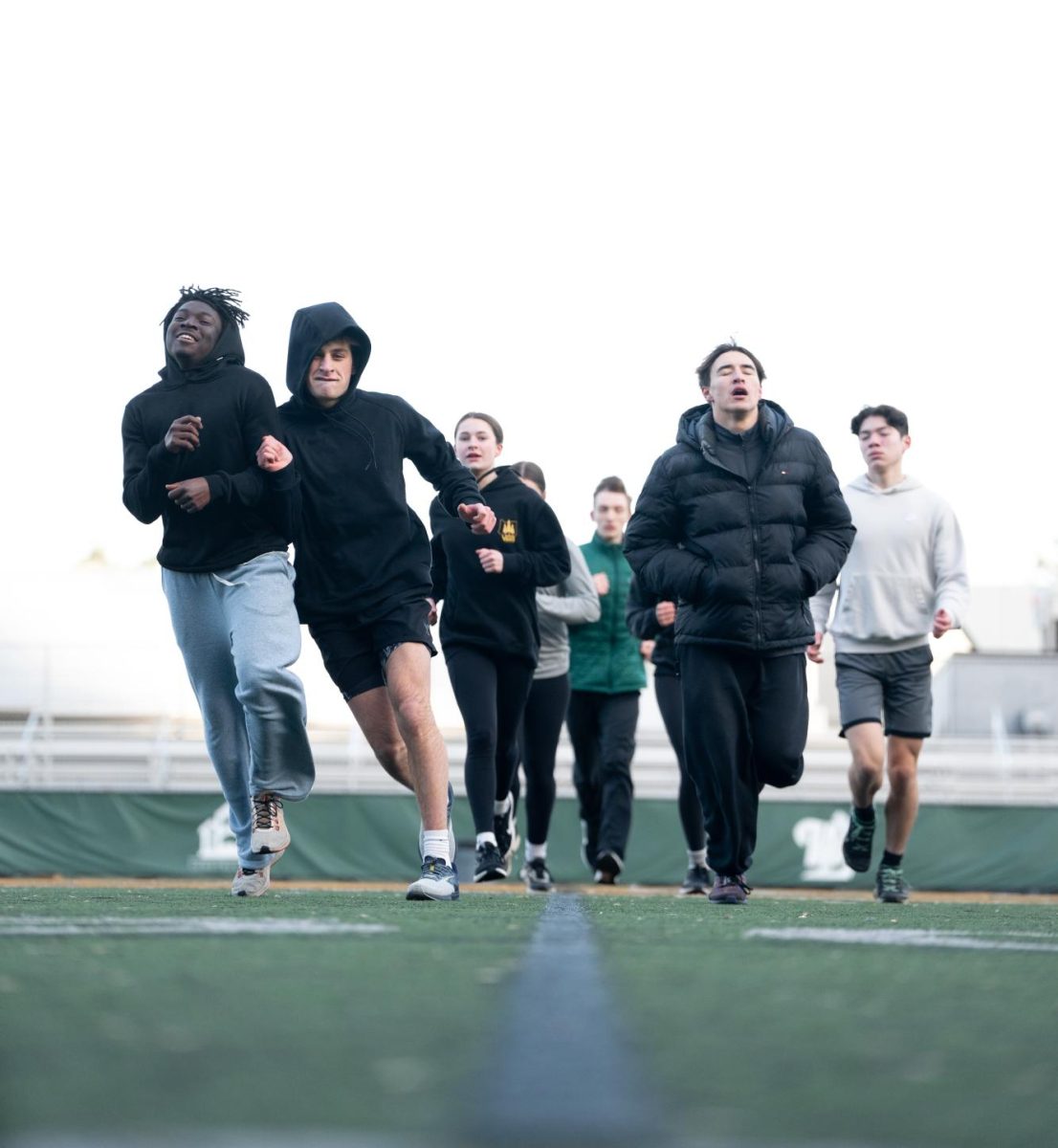
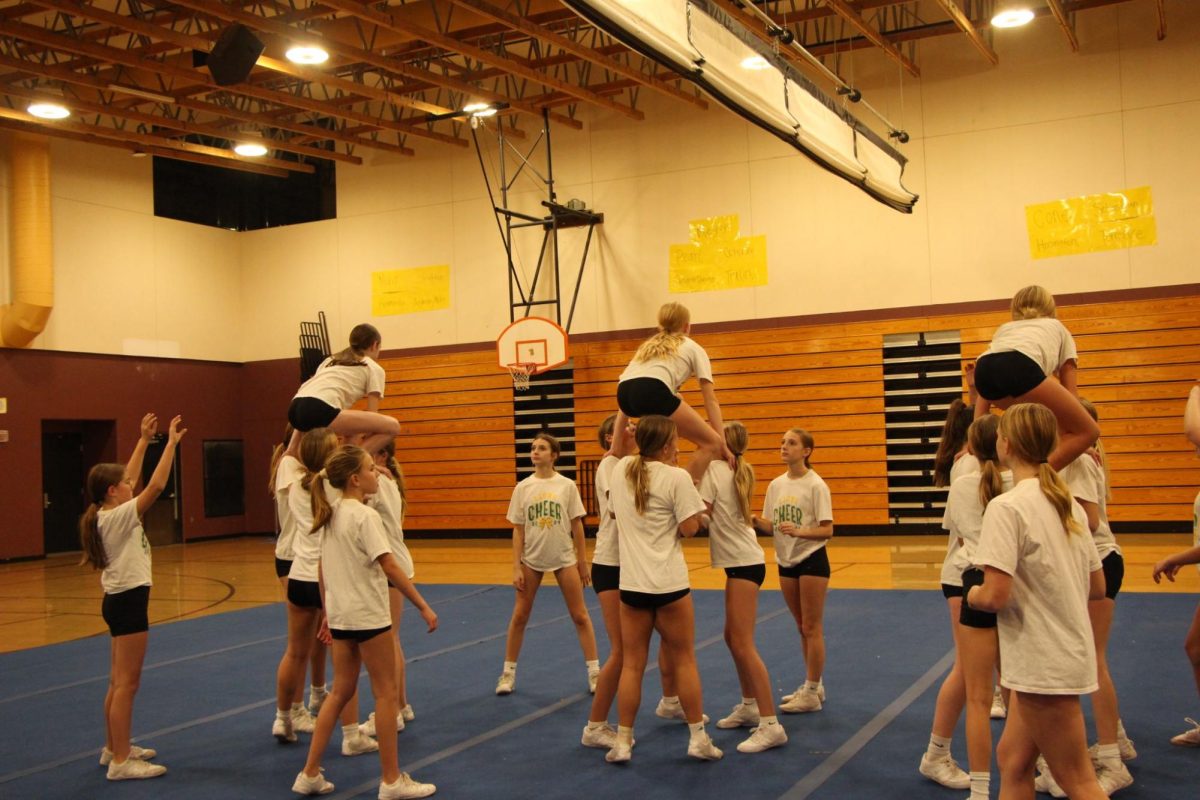
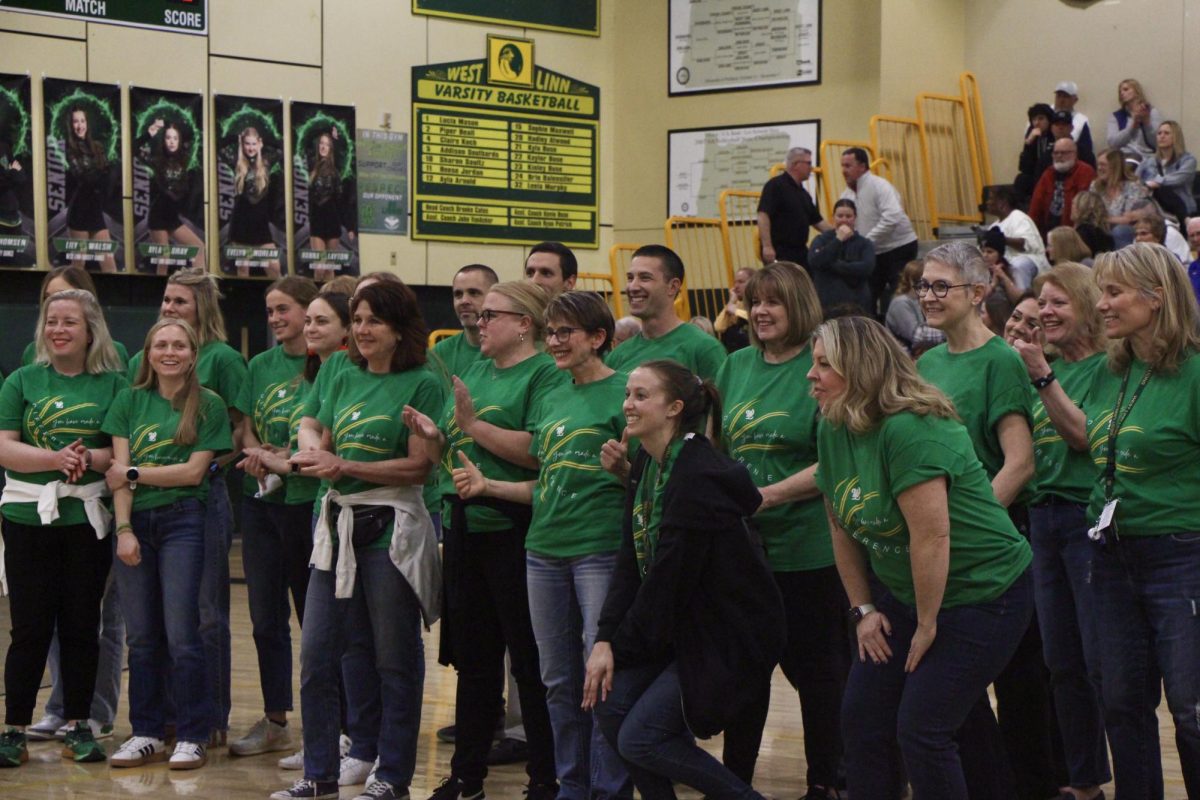






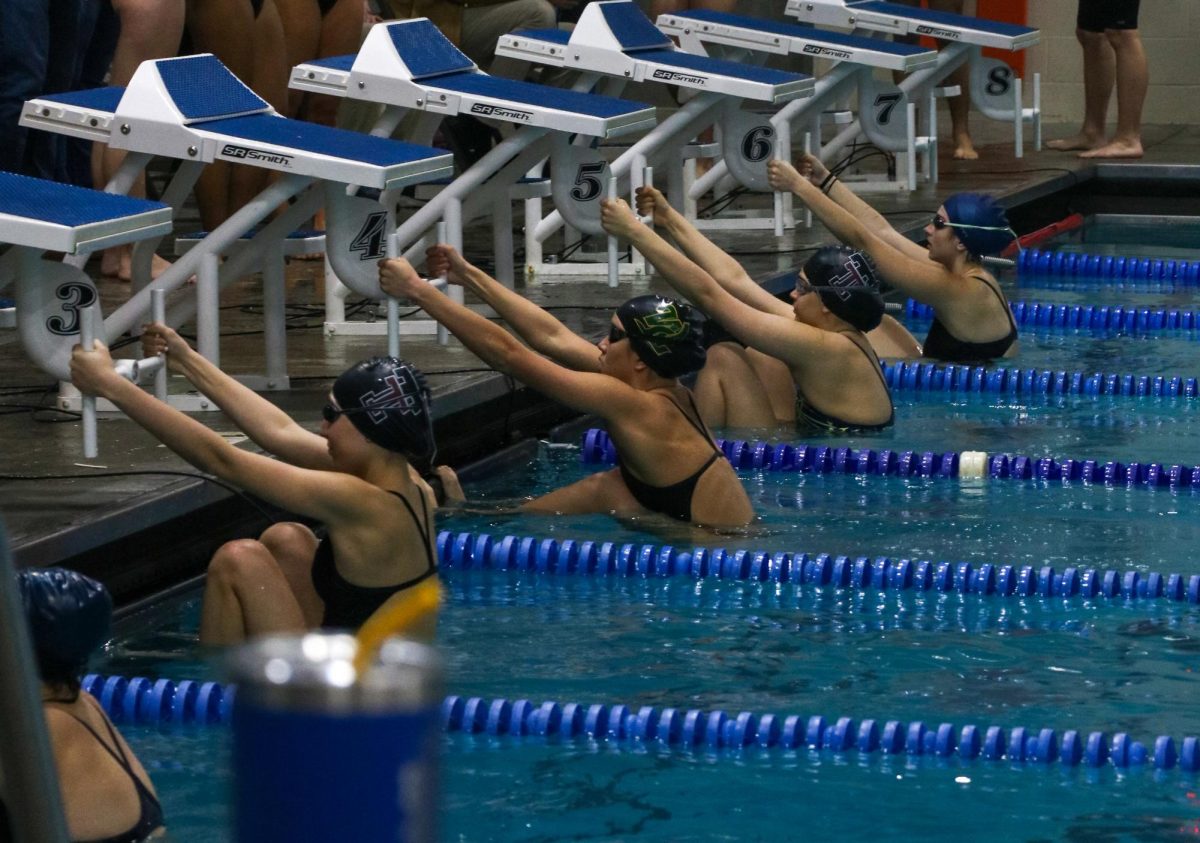
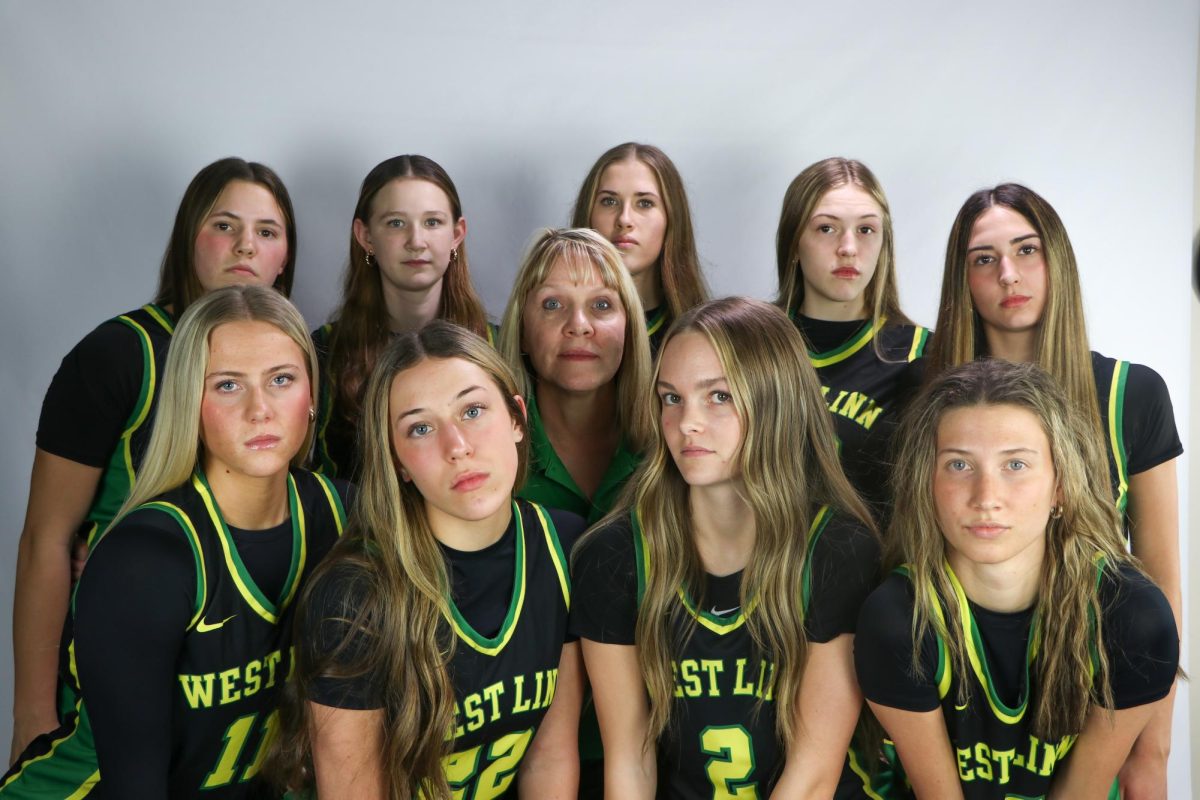
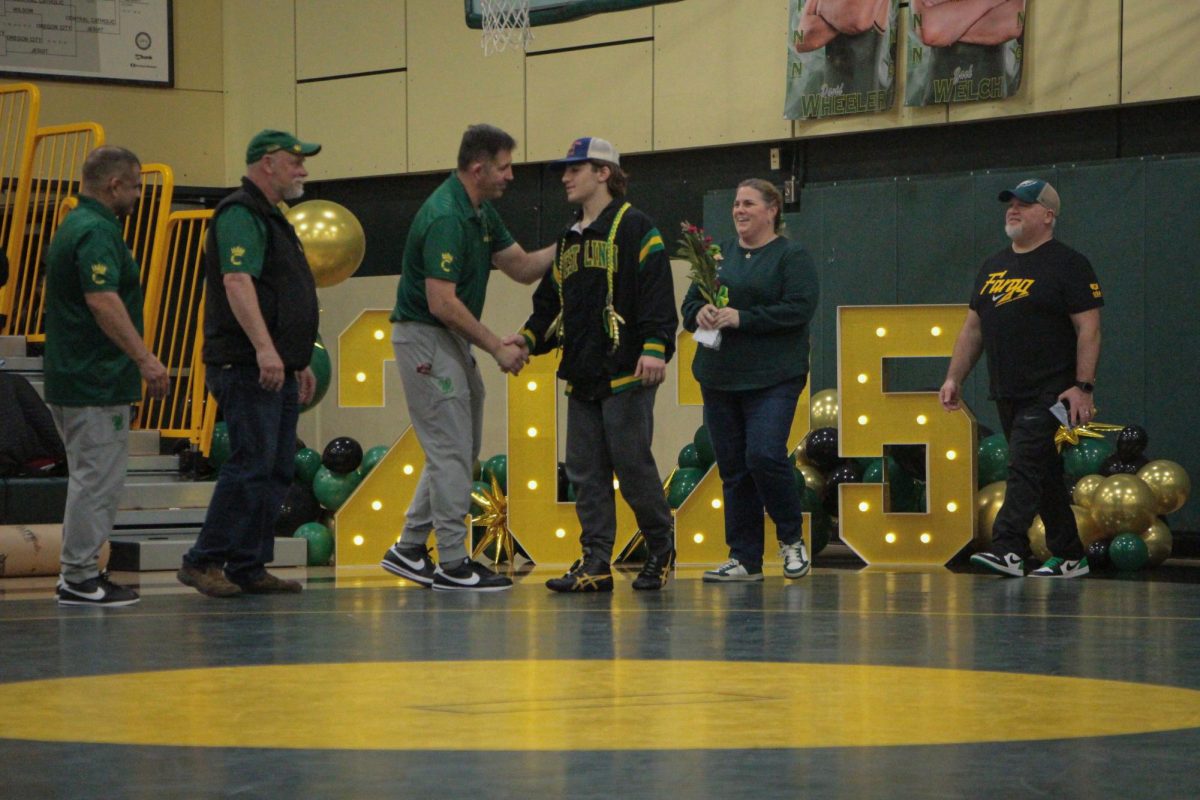
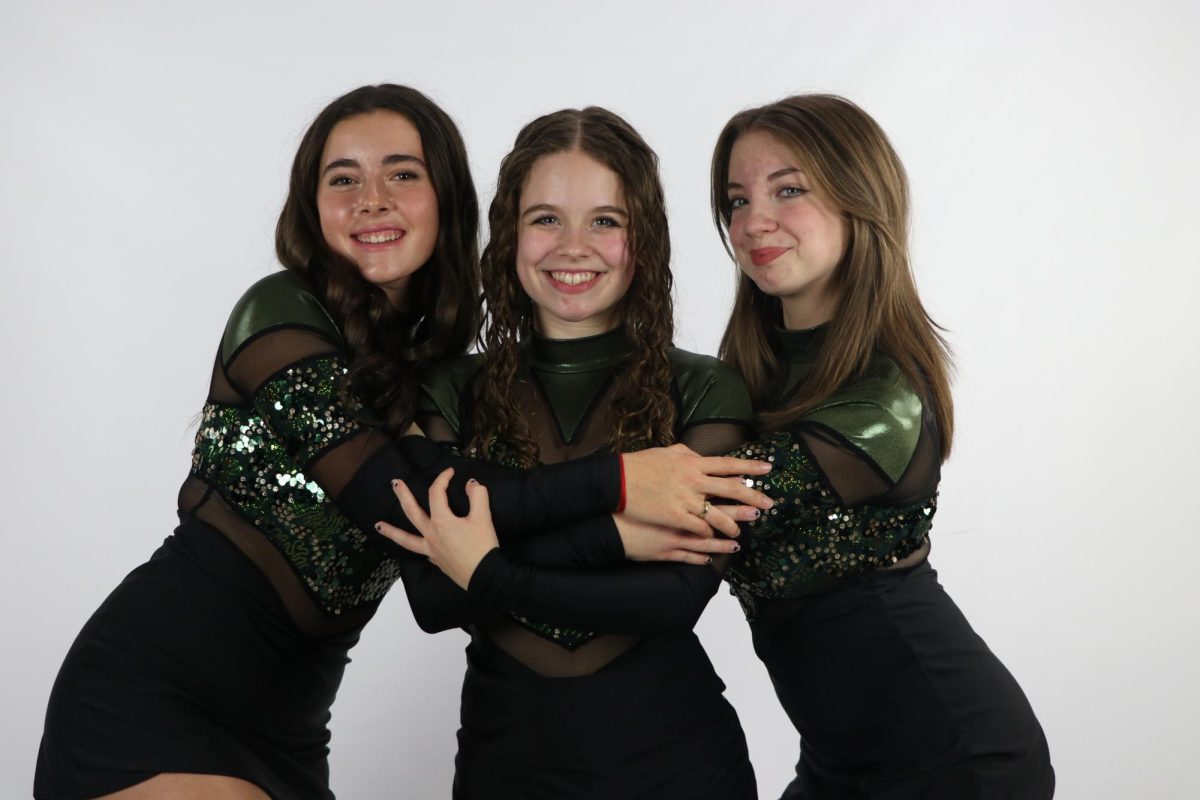



![At the bottom of the third inning, the Lions are still scoreless. Rowe stands at home plate, preparing to bat, while Vandenbrink stands off to the side as the next batter up. Despite having the bases loaded, the team was unable to score any runs. “It’s just the beginning of the season. We’re just going to be playing out best by June, [and] that’s where champions are,” Rowe said.](https://wlhsnow.com/wp-content/uploads/2024/03/IMG_3077-1200x900.jpg)




